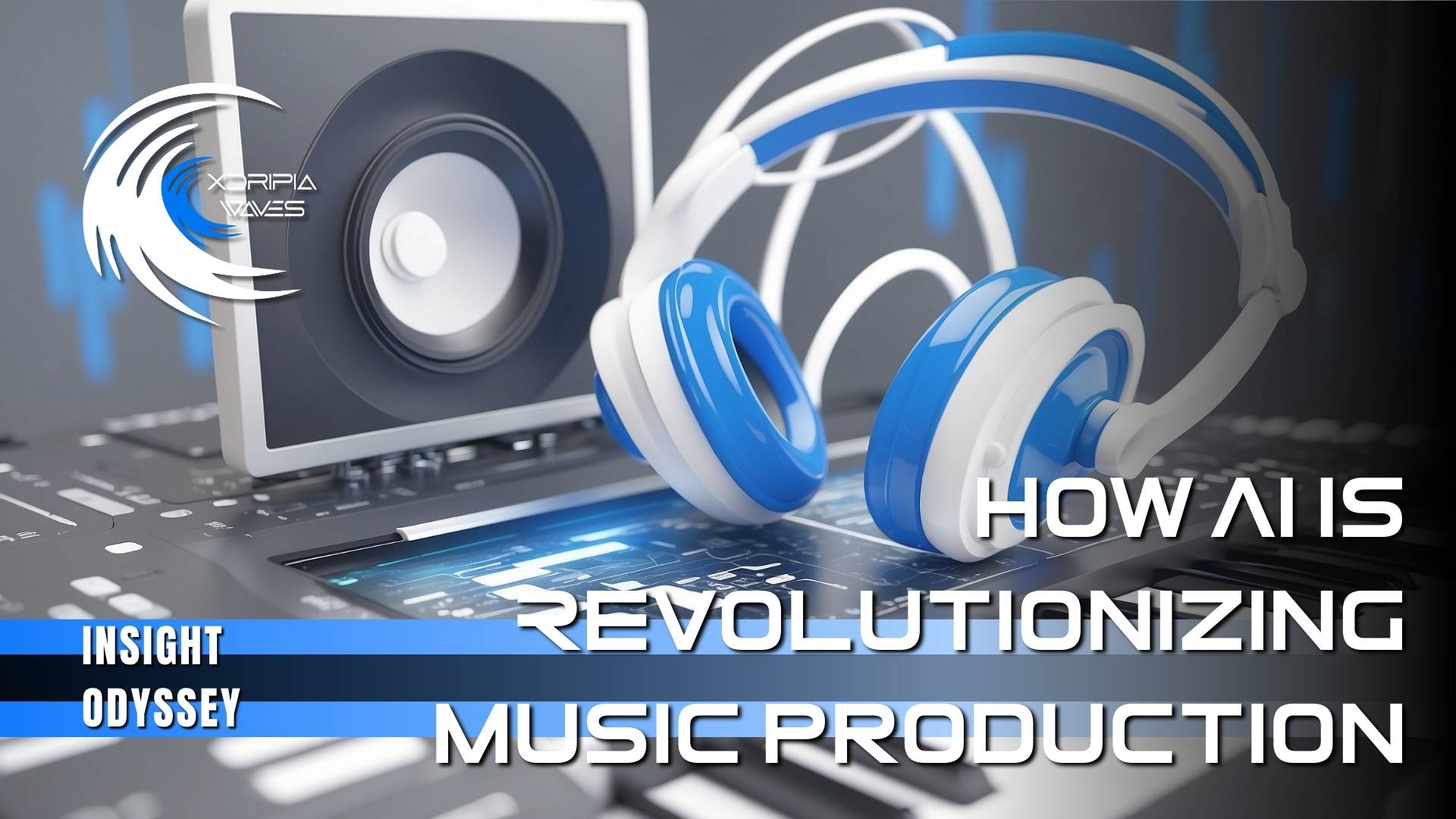Introduction
The advent of artificial intelligence (AI) has brought transformative changes across various industries, and the music production sector is no exception. AI’s integration into music production has not only altered how music is created and consumed but also expanded the boundaries of what is possible in the realm of sound. This article explores the profound impact of AI on music production, examining its applications, benefits, challenges, and future prospects, with a focus on pioneering tools like SUNO and UDIO.
Historical Context
To appreciate the revolutionary impact of AI on music production, it is essential to understand the historical context of technological advancements in the industry. From the invention of the phonograph in the late 19th century to the digital audio workstations (DAWs) of the 21st century, each technological leap has significantly influenced music creation and distribution. AI represents the latest in this lineage of innovation, promising to redefine the industry in unprecedented ways.
Applications of AI in Music Production
AI’s role in music production can be categorized into several key applications:
1. Composition and Songwriting
AI-powered tools such as Amper Music, AIVA, OpenAI’s MuseNet, SUNO, and UDIO can compose music in various styles and genres. These tools analyze vast datasets of existing music to generate original compositions, offering musicians new sources of inspiration and collaboration. For instance, AI can assist in creating background scores, jingles, or even complete songs, significantly reducing the time required for composition.
SUNO
SUNO is an advanced AI tool that specializes in generating music compositions. It leverages deep learning algorithms to create original pieces that blend various musical styles, providing artists with innovative ideas and compositions that can be further refined or used as they are.
UDIO
UDIO is a cutting-edge AI music generator that allows users to create music from simple text prompts. It leverages AI to transform descriptions into professional-grade music tracks. Users can specify genres, instruments, and other elements to generate unique compositions. UDIO is designed to expand the creative horizons of musicians by offering an intuitive and powerful tool for music creation.

2. Audio Mixing and Mastering
AI algorithms can automate the mixing and mastering processes, traditionally considered highly skilled tasks requiring extensive human expertise. Tools like LANDR, iZotope’s Ozone, and UDIO use machine learning to analyze and enhance audio tracks, ensuring professional-quality sound with minimal human intervention. These tools can adjust levels, equalization, and other audio effects based on the characteristics of the music, providing consistent and polished results.
3. Sound Design
AI is also revolutionizing sound design by enabling the creation of unique and complex sounds. Platforms such as Google’s Magenta and Adobe’s Project Kazoo leverage AI to generate new sounds and textures that would be challenging to produce manually. This capability allows sound designers to explore new auditory landscapes and push the boundaries of traditional soundscapes.
4. Personalized Music Recommendations
AI-driven recommendation systems, such as those used by Spotify and Apple Music, analyze users’ listening habits to suggest personalized playlists and tracks. These systems utilize deep learning algorithms to understand individual preferences and predict future listening behavior, enhancing user engagement and satisfaction.
Benefits of AI in Music Production
The integration of AI into music production offers several notable benefits:
1. Efficiency and Productivity
AI tools can significantly speed up various stages of music production, from composition to mastering. This increased efficiency allows artists and producers to focus more on creative aspects and less on technical details, potentially leading to a higher output of quality music.
2. Accessibility
AI democratizes music production by making advanced tools available to a broader audience. Independent artists and small-scale producers can now access sophisticated production capabilities that were once the domain of large studios with substantial resources.
3. Innovation
AI fosters innovation by enabling the exploration of new musical styles and soundscapes. The ability to generate novel compositions and sounds expands the creative possibilities for artists, leading to the emergence of unique and groundbreaking music.
Challenges and Ethical Considerations
Despite its potential, the integration of AI into music production presents several challenges and ethical considerations:
1. Quality and Authenticity
While AI can produce music that mimics human composition, questions remain about the authenticity and emotional depth of AI-generated music. Critics argue that AI lacks the human touch necessary for truly emotive and meaningful music.
2. Intellectual Property
AI-generated music raises complex issues regarding intellectual property rights. Determining ownership and attribution for AI-created works is a legal gray area that requires new regulatory frameworks and guidelines.
3. Job Displacement
The automation of music production tasks could lead to job displacement for human musicians, producers, and sound engineers. Balancing the benefits of AI with the potential impact on employment within the industry is a critical consideration.
Future Prospects
The future of AI in music production is promising, with ongoing advancements poised to further transform the industry. Emerging technologies such as generative adversarial networks (GANs) and reinforcement learning are likely to enhance AI’s creative capabilities, enabling even more sophisticated music production tools. Additionally, the increasing convergence of AI with other technologies, such as virtual reality (VR) and augmented reality (AR), could lead to new forms of immersive musical experiences.
Conclusion
AI is revolutionizing music production by introducing innovative tools and processes that enhance creativity, efficiency, and accessibility. With groundbreaking tools like SUNO and UDIO, the landscape of music production is expanding to include novel compositions and improved collaborative workflows, making professional-level production accessible to more artists. While challenges and ethical considerations remain, the potential benefits of AI in music production are substantial. As technology continues to evolve, AI is set to play an increasingly integral role in shaping the future of music, offering exciting possibilities for artists, producers, and listeners alike.


